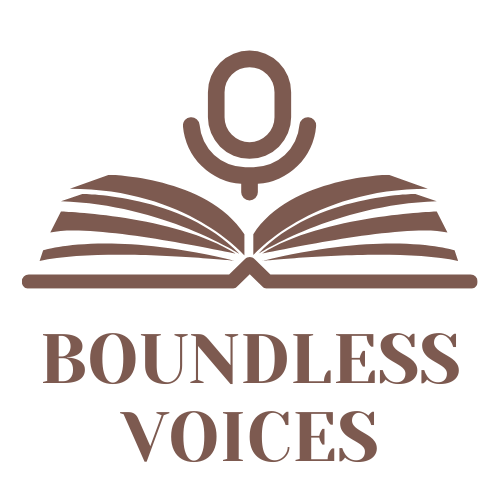Dictée
Dictée is a very experimental work, transversing categories of poetry and prose. It is broken up into nine sections, each one named after one of the Greek muses. Dictée is very difficult. Dictée is transcendent.
The first time I read Dictée, Cha’s writing refused to be understood—in its multimedia nature, the fragments of French, as well as untranslated Chinese and Korean characters, the almost stream-of-consciousness/dictation style of writing—which struck me as a wonderful act of entitlement, when, lately, my own writing is loud and desperate, trying to beat my readers into understanding, as though understanding equates to approval. So often I think we praise writing and storytelling for being an avenue to achieve empathy—either teaching us to feel the same emotions someone else has felt, or allowing us to put our own emotions down in a way that is accessible to other people. However, I also think that there is a sort of freedom in acknowledging that writing itself cannot—even, at times, will not—help us to be any more understood in a world where we are indivisible from our individuality, our alone-ness. Through Dictee, Cha tells us that just because one might not understand her doesn’t mean she must also be a stranger to her own feelings.
I also think that this explains very well why Dictée is so often taught as a part of Asian American literary canon. As Elaine Castillo has written in How to Read Now, white American readers often “expect books by writers of color to ‘teach’ them specific lessons” (See my previous blog here). Dictee doesn’t necessarily reject this, but it does entirely subvert this, by making the act of reading feel like something to be learned in itself. Cha’s syntax is challenging enough at times that I feel like I’m reading in a second language—Cathy Hong, author of Minor Feelings has explained that she often encourages her students to approach Dictee as though they are learning a new language.
I’m honestly a little at a loss as to what to say about this book. I am in dire need of a reread and also probably need Amber to hurry up and read this one so we can discuss.
Now, here’s the hard part. In addition to women like Joan of Arc and the 17-year-old Korean revolutionary Yu Gwansun, the author addresses her mother and herself, often addressing multiple women as one—“you” or “she.” Because of this autobiographical nature and the emphasis on the individual, it is near impossible to apply Death of the Author literary analysis to Dictée, which means we have to talk about the author.
Theresa Hak Kyung Cha was a daughter, a wife, a person, a girl, a woman, an artist, a victim, a writer, and a sister—not necessarily in that order, although whatever order you choose, the “was” precipitates it. As a writer and an artist and a woman, Cha’s rape, murder, and death overshadow her work, which to me is terrifically unfair. The author bio on the back cover of the book states prosaically, “In 1982, Cha was murdered by a stranger in New York City, just a few days after the original publication of Dictée.”
I feel a lot of guilt for the way I experience her death. It feels like her death cements her distance to me, solidifying the fact that I will never fully understand her, which would have been the truth regardless of her death anyway. I think a lot of artists turn death into a metaphor, which is strange and messed up, but it's also how we make sense of things. It is through giving death and suffering meaning that we attempt to understand it. Theodor Adorno once wrote that “To write poetry after Auschwitz is barbaric,” but later conceded that “perennial suffering has as much right to expression as the tortured have to scream.” Cha herself writes in Dictée, "She says to herself if she were able to write she could continue to live. Says to herself if she would write without ceasing. To herself if by writing she could abolish real time. She would live."
Resources:
Dictée by Theresa Hak Kyung Cha
Minor Feelings by Cathy Park Hong
